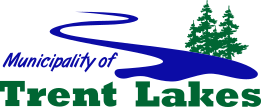2022 public input included:
- Stakeholder consultation
- Public Survey
- Public Feedback Session
The results of the public consultation process is outlined in the February 1, 2022 report to Council.
2024 public input included:
- Public feedback form on draft STRA By-law (April 17, 2024 - May 31, 2024)
- Two Special Council Meetings
Meeting 1:
Saturday, June 8, 2024, 10 a.m. - 12noon.
View the minutes here.
View the recording here.
Meeting 2:
Thursday, June 27, 2024, 6 p.m. - 8 p.m.
View the minutes here.
View the recording here.
The meetings took place at the Municipal office in the Council Chambers as well as virtually.
